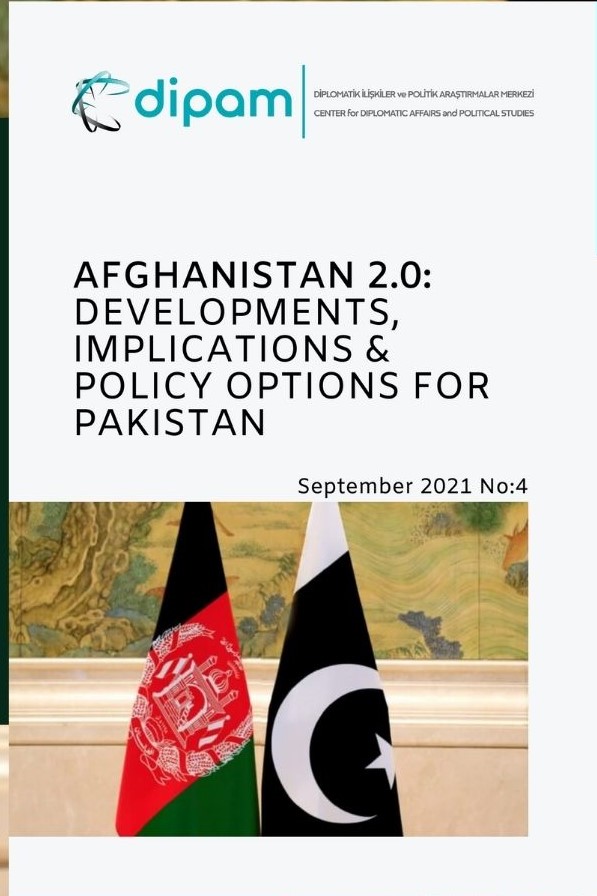August 2021 will long be remembered in world history because during this month the mightiest world power ended its longest and most expensive military campaign against one of the world’s poorest countries, after negotiating a peaceful withdrawal with a non-state actor, whose key members it once held as prisoners. The lightening rise of Afghan Taliban, the swift collapse of Ashraf Ghani’s government and the hurried exodus of the western military and international organizations have shocked the world. But the most critical question that Afghan Taliban now face and the world is now concerned about is that after capturing Kabul, whether the rapid territorial gains by Afghan Taliban can be translated into political stability, yield diplomatic recognition and lead towards good governance, despite waning western commitment and cautious reactions by rising China and resurgent Russia. These multidimensional global, regional and domestic developments related to Afghanistan will have profound and long-term implications for Pakistan, which have been analyzed in this paper, that also offers a few timely policy recommendations to address these complex challenges.
Research Article Available on:




